By Roshi Ken Byalin
STATEN ISLAND, NEW YORK USA. I am often asked about what we have accomplished. Beginning with the opening of Lavelle Prep in 2009, followed by two more schools, now a fourth on the way, merging the schools into a corporate structure, Integration Charter Schools, serving in the coming year over 1000 students, one-third living with emotional challenges and other special needs, all integrated in every class and program, all preparing successfully for college, most of them living with economic challenges as well.
How did we do this? My answer always comes back to Bernie.
Bernie Glassman, my Zen teacher, most importantly showed me that I didn’t need to choose between social action and spiritual practice. One of the leading figures in the emergence of Engaged Buddhism late in the 20th century, Bernie showed me the way.
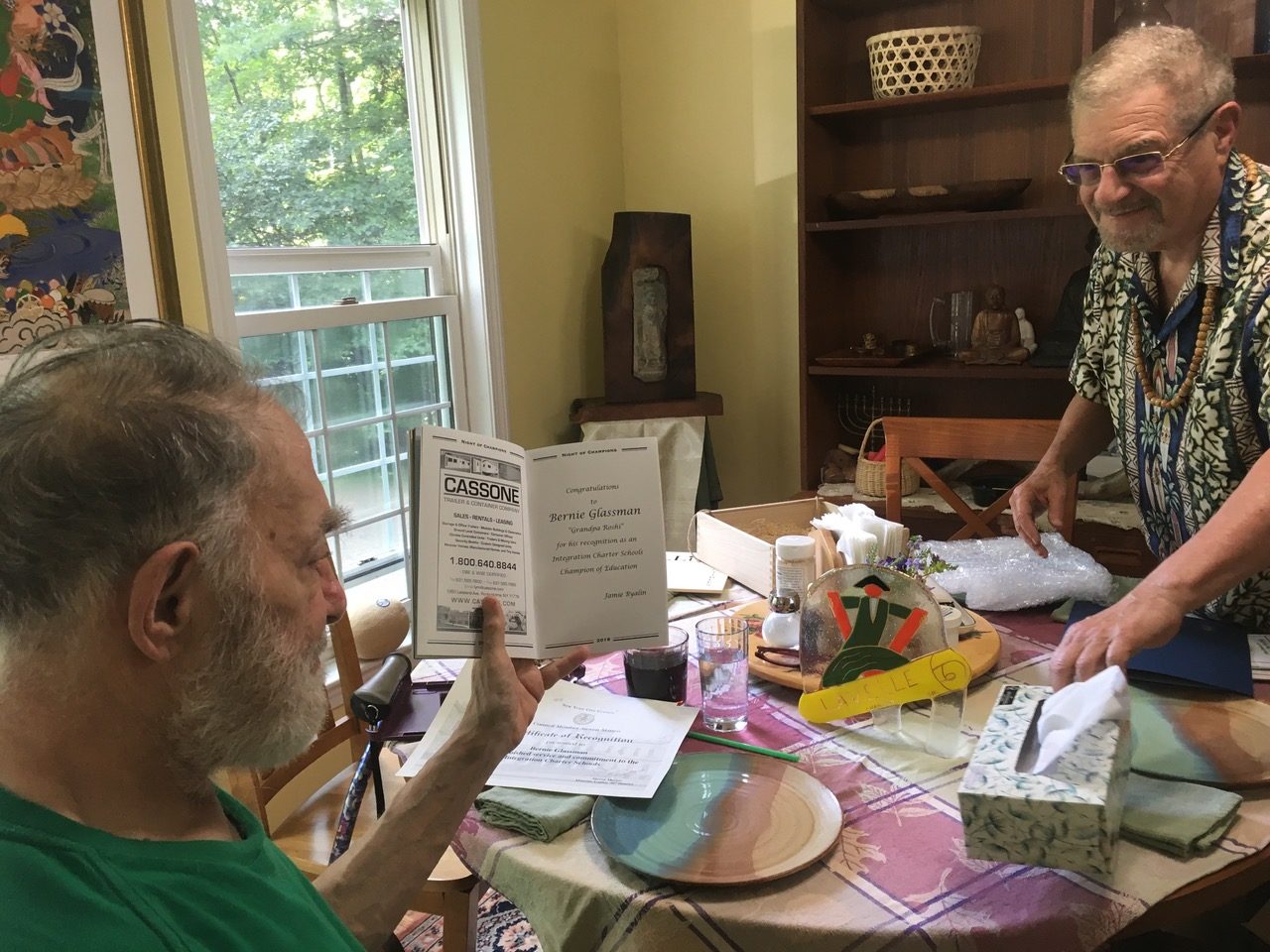 I grew up in a family deeply committed to social justice, so committed that at times growing up I felt overlooked. But the values took hold and ultimately shaped my choice of careers.
I grew up in a family deeply committed to social justice, so committed that at times growing up I felt overlooked. But the values took hold and ultimately shaped my choice of careers.
It was also a family in which there was no spiritual practice, no religious affiliation. Growing up in the 1950’s I was an outsider without a church, often alone among my classmates in my allegiance to social justice during the gray flannel Eisenhower years. In the 1960’s, much to my relief, the passion for social justice became mainstream, at least among my generation. I built a successful career in social work and mental health administration. I was doing good and doing well.
The spiritual vacuum persisted, largely unnoticed. Zen had called to me since high school, but I had never managed to develop a consistent meditation practice. And then in the midst of a mid-life crisis, introduced to the I Ching by Dee, I began to sit every day. I did not sit very well until one day, tossing the pennies, I asked the I Ching for advice on sitting: “Stop judging the practice,” the Sage advised. A door opened.
Sitting became easier, and I began to look for a group to sit with, landing at the Soho Zendo with a group of lay practitioners. We sat every Tuesday evening. Encouraged by my fellow sitters, I signed up for a weeklong sesshin with Kyudo Nakagawa Roshi, Dharma successor of the great Soen Nakagawa Roshi. Over the two years sitting with the Soho Zendo, I sat five sesshins with Kyudo Roshi. He taught me to sit. Posture first and then breathing. I had never seen anyone sit so still as Kyudo Roshi.
But when he began to cancel sessions (responsibilities as Abbot of Ryutakuji keeping him in Japan), I began to think I should find a teacher to work with who I could see more often. Enter Bernie Glassman.
Serendipitously, I met Zen psychotherapist Diane Shainberg and she urged me toward Bernie. I was home.
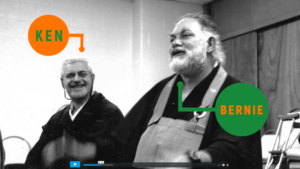 For Roshi Bernie (then still Sensei), social action and spiritual practice were not pulling in opposite directions. His example has been decisive in my life. At the time I met him, Bernie was probably the most important American Zen teacher, enormously well-trained in the Japanese Soto tradition of his teacher Taizan Maezumi Roshi.
For Roshi Bernie (then still Sensei), social action and spiritual practice were not pulling in opposite directions. His example has been decisive in my life. At the time I met him, Bernie was probably the most important American Zen teacher, enormously well-trained in the Japanese Soto tradition of his teacher Taizan Maezumi Roshi.
After completing his training with Maezumi Roshi, Bernie had returned to New York and established the The Greyston Foundation, a mandala of social service programs, — housing, employment, childcare, and at the center the renowned Greyston Bakery and Zen Community of New York. Greyston flourished in southwest Yonkers, an area of great poverty in the wealthiest county in America. Sitting with Bernie in Yonkers, I absorbed the energy of his work there, even as I continued to work as a mental health administrator for the State Office of Mental Health.
During these years, I had the privilege to be a part of small group of senior students who met with Bernie and Jishu in their living room every other week to create the Zen Peacemaker Order. I was honored to be included. But, I was not really what I thought a Peacemaker should be. I was instead a State mental health bureaucrat. A good guy, a decent person, but a bureaucrat. But I could be a friend of real peacemakers who worked full-time to create change.
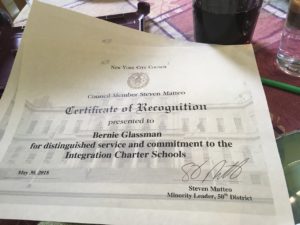 A year and a half after our daughter Jamie was born, an opportunity for early retirement arose. I was already in my late 50’s. I didn’t feel old but I had been working for the State for over 20 years and I thought I had at least another 20 years of work ahead of me. The prospect of working for the State for another 20 years was too depressing. I flew out to California to talk with Bernie, who by then was living in La Honda in the midst of redwoods.
A year and a half after our daughter Jamie was born, an opportunity for early retirement arose. I was already in my late 50’s. I didn’t feel old but I had been working for the State for over 20 years and I thought I had at least another 20 years of work ahead of me. The prospect of working for the State for another 20 years was too depressing. I flew out to California to talk with Bernie, who by then was living in La Honda in the midst of redwoods.
With his encouragement, I decided to take the early retirement plunge, to step from the 100-foot pole, to allow the space into my life to become a peacemaker, whatever that might turn out to mean. From his wonderful guide, Instructions to the Cook, Bernie’s description of the peacemaker, “to bring to the societal table those who have been excluded,” reverberated.
With Dharma brother Francisco “Paco” Lugovina, I set out to create a management consulting practice, allowing life to unfold. At the time, the path seemed uncertain. In retrospect, it seems to have emerged almost seamlessly.
Consulting produced one anchor client, South Beach Psychiatric Center. Charged with creating a conduit for non-State programs and funding streams, we founded The Verrazano Foundation– with a bow to the “The” of the The Greyston Foundation.
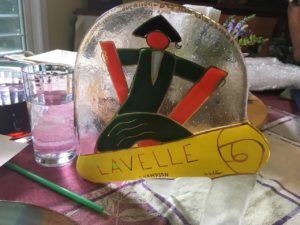 Finding myself at home in the mission of bringing people living with mental illnesses to the societal table, we built some exciting programs. And then one day, Paco, who was by then a board member, brought us the idea of creating a charter school which could help to level the playing field for students living with mental illnesses.
Finding myself at home in the mission of bringing people living with mental illnesses to the societal table, we built some exciting programs. And then one day, Paco, who was by then a board member, brought us the idea of creating a charter school which could help to level the playing field for students living with mental illnesses.
Actually, I was seduced by the possibility of a $50,000 planning grant. We could use that money to help keep The Verrazano Foundation afloat, even if we discovered that we couldn’t really do a charter school.
It took two years to get the planning grant (and by that time I was hooked on the charter school challenge) and three years to get the charter for Lavelle Prep, an integrated college prep program, one which would bring students with special needs and others together.
Nine years later in 2018, we will have three schools in operation and a fourth under development. We will be serving well over 1,000 students.
And, we are building a different kind of school organization and culture, which simultaneously emphasizes student growth and the growth of faculty and staff. We are utilizing resources to help students with multiple challenges, many special needs, many who often must overcome the disadvantages of poverty as well, toward college and success. We helping teachers grow professionally in a supportive environment.
All of this flows from the possibility of compassionate social action, which Bernie continues to teach, and which he introduced to me in Yonkers almost 30 years ago.
Through his teachings, his impact on me has not only changed my life, but has led to a profound impact on the lives of over a thousand students and their families on Staten Island.
Bernie Glassman was honored at Integration Charter Schools’ 9th Annual Night of Champions Gala at the Hilton Garden Inn on May 30, 2018.
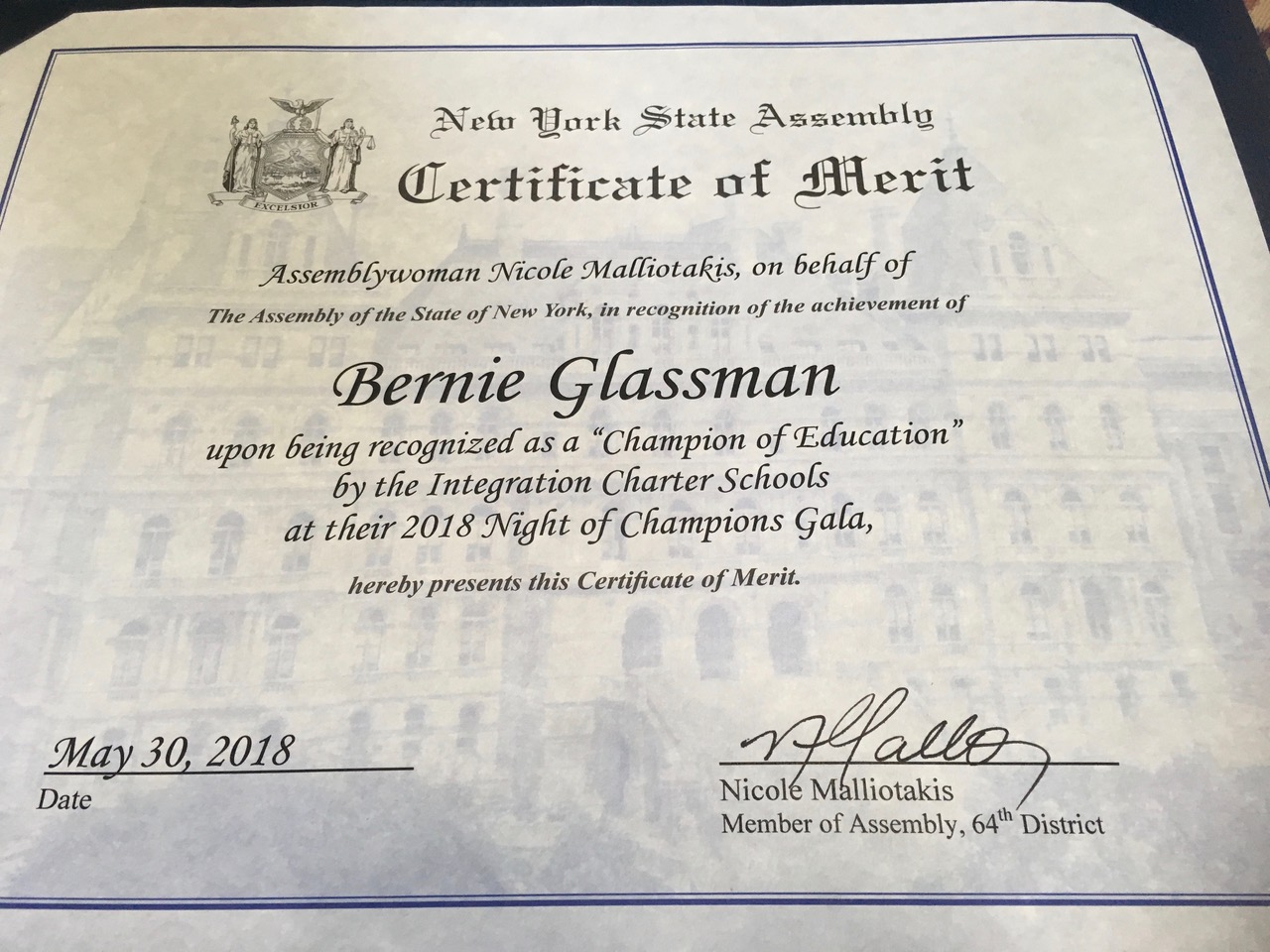
Roshi Ken Byalin is the Wagner College Buddhist chaplain and spiritual leader of the Zen Community of Staten Island. An ordained priest in the Soto Zen lineage and a member of the Zen Peacemakers, he is a Dharma Successor of Roshi Bernie Glassman and studied with Roshis Jishu Holmes, Robert Kennedy, S.J., and Kyudo Nakagawa.
Ken is the founder and president of The Verrazano Foundation, the John W. Lavelle Preparatory Charter School and the Integration Charter Schools. Lavelle Prep, Staten Island’s first charter school, welcomes and fully integrates students living with emotional challenges.

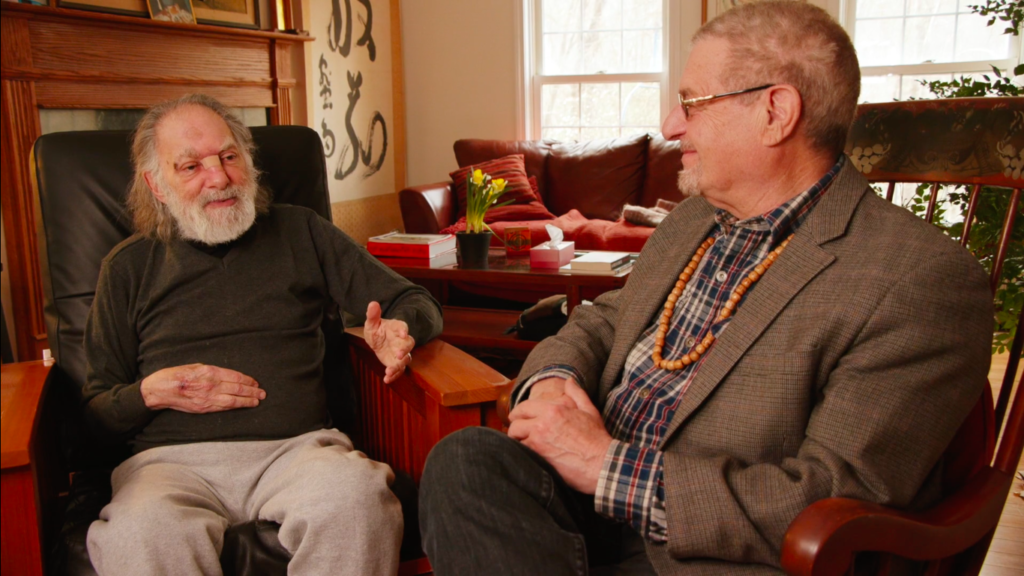
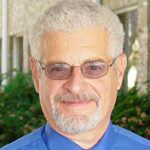
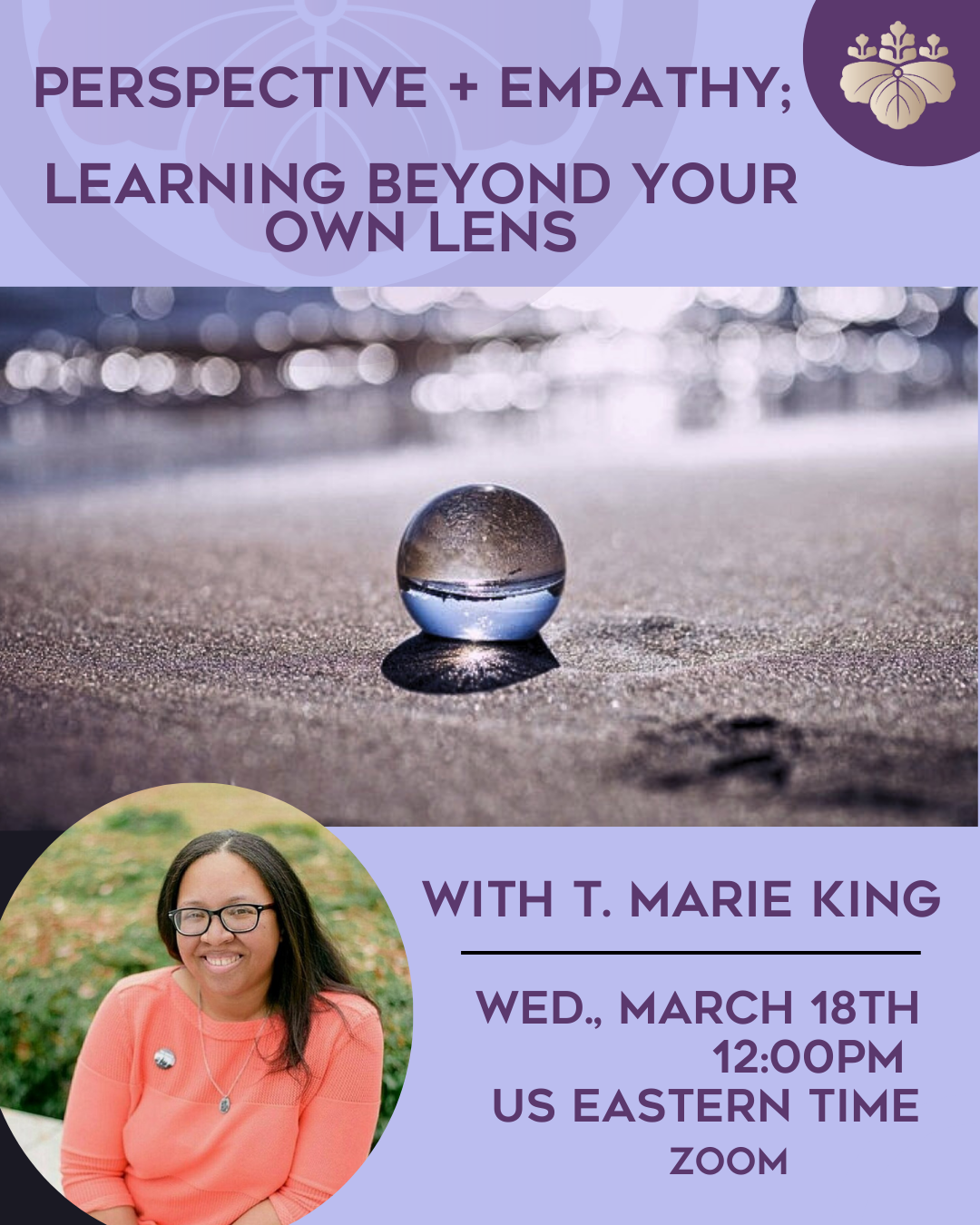
Eén reactie
Clarifying & Inspiring. Thank you for sharing this part & view of your journey. In gassho ~